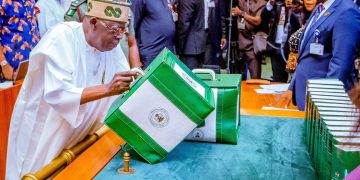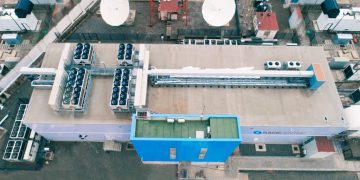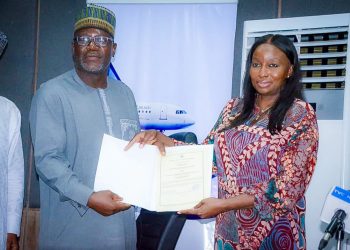The Federal Inland Revenue Service (FIRS) is set to roll out the e-Invoice, a digital solution aimed at enhancing tax compliance in Nigeria. Announced by Executive Chairman Dr. Zacchaeus Adedeji at a recent Lagos Chamber of Commerce and Industry event, this initiative supports the Tax Administration and Enforcement Act of 2007 and aligns with FIRS’s digital transformation strategy.
Represented by Mrs. Oti Olaniyi, the Acting Director of the Medium Taxpayers Department, Dr. Adedeji emphasized that the e-Invoice system will enable real-time validation and storage of transactions across various sectors. This modernization effort is pivotal for improving efficiency, transparency, and compliance within the tax system.
Adedeji noted that adapting to the evolving tax landscape requires leveraging technology to foster a sustainable and equitable tax environment. He encouraged collaboration and feedback to strengthen Nigeria’s economy.
The FIRS is also undergoing restructuring and implementing reforms to support sustainable growth. These include tax incentives aimed at bolstering local industries while ensuring transparency aligns with national development goals. Addressing the informal sector, the agency plans to introduce simplified tax regimes to encourage small businesses to formalize their tax contributions.
LCCI President Gabriel Idahosa commended FIRS’s reforms, urging closer cooperation between government and private sectors. He highlighted the ambitious target of a 57% increase in tax collection for 2024, aiming for N19.4 trillion in revenue. With Nigeria’s current tax-to-GDP ratio at 10.86%, the government aspires to elevate it to 18% in three years through these initiatives.
Idahosa stressed the importance of fostering trust through transparency and fairness in the tax system, stating that compliance relies on mutual confidence between the government and citizens.
Recent reports indicate that FIRS fell short of its 2024 budget target in the first four months, collecting only N1.63 trillion in oil taxes—49% of the goal. With an internal target of N7.5 trillion for the year, achieving these objectives will require concerted efforts from both public and private sectors to create a conducive investment environment and promote tax compliance.























































